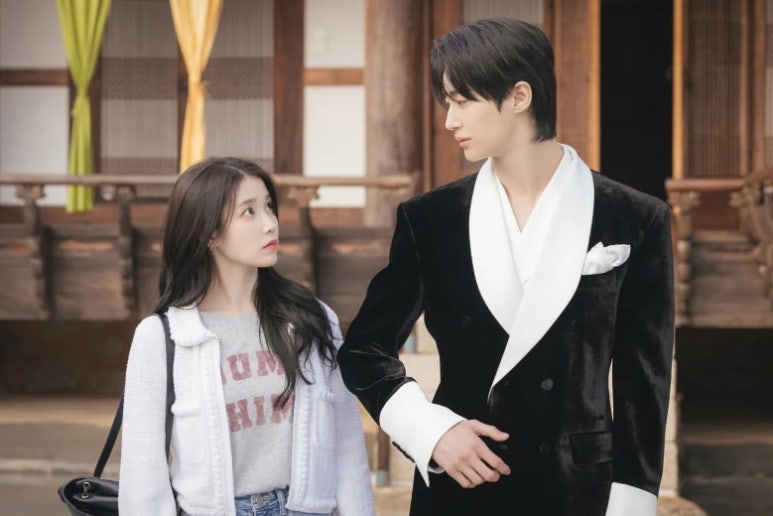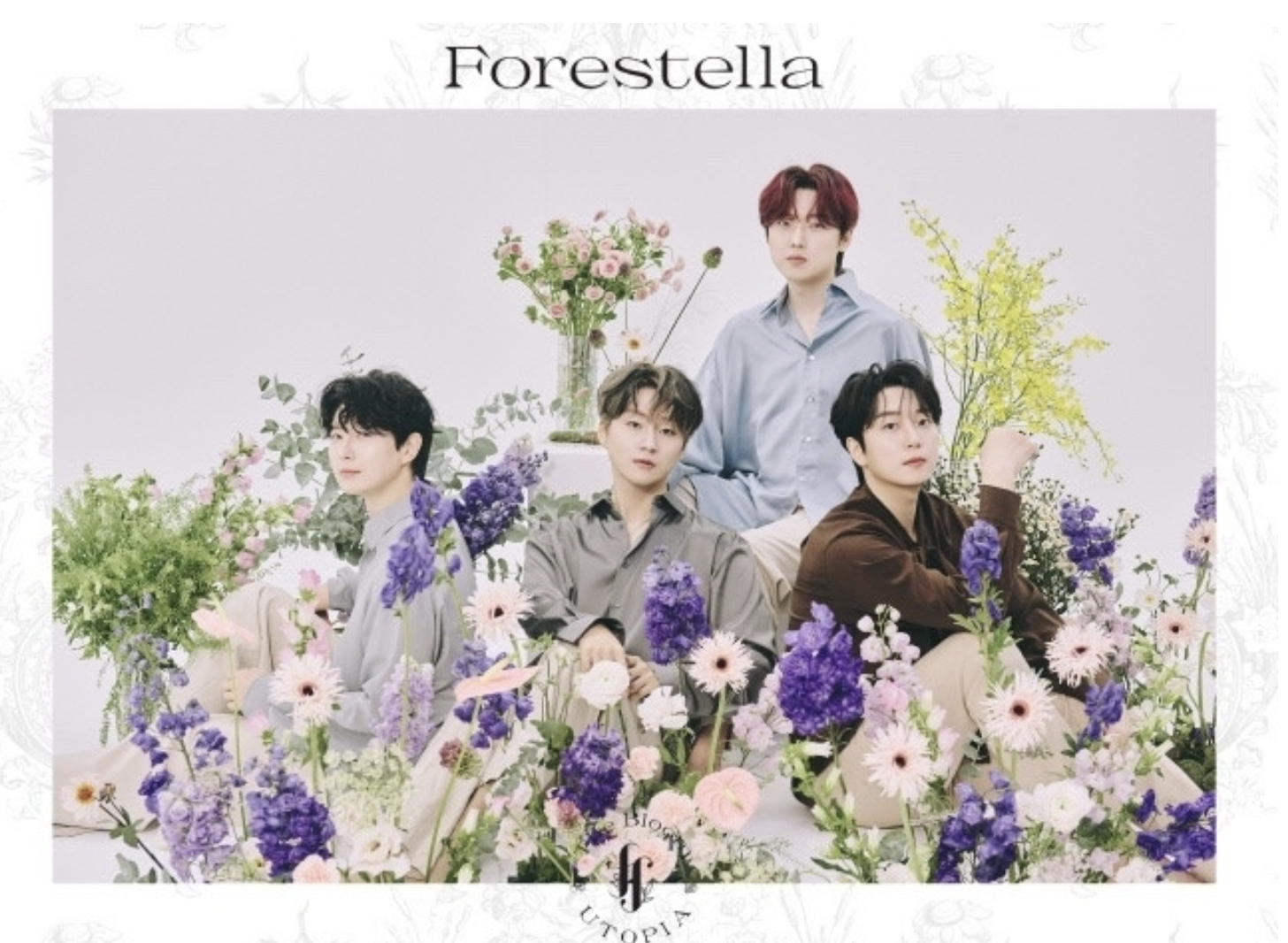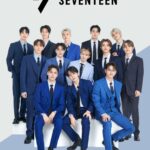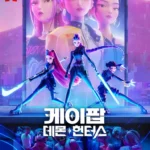Now Reading: ⚡ Tsuki’s Confession on a Crab Boat Shakes the Internet
-
01
⚡ Tsuki’s Confession on a Crab Boat Shakes the Internet
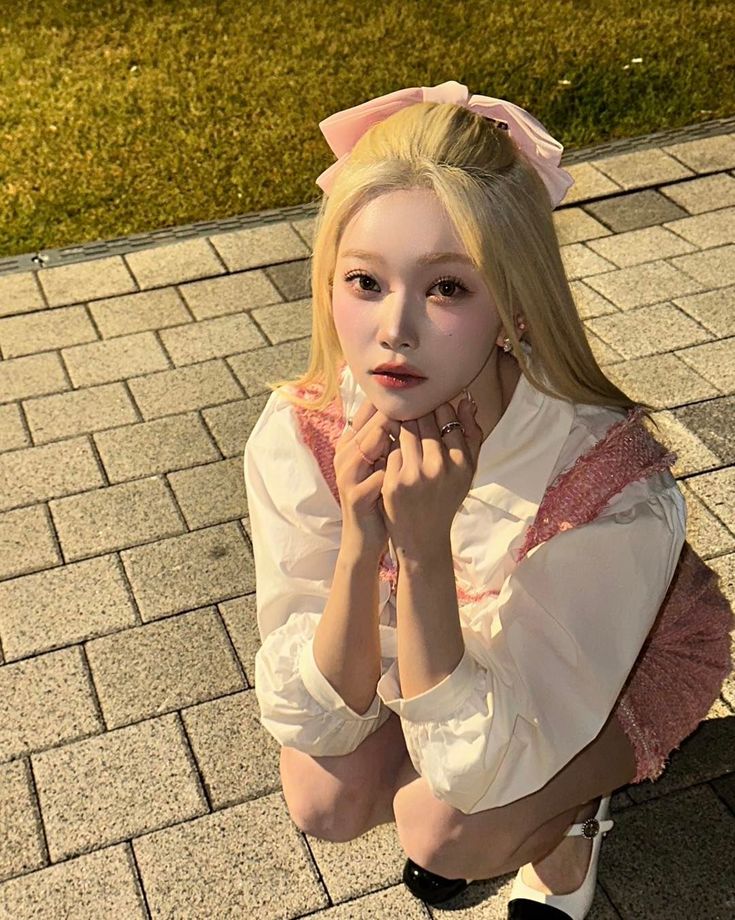
⚡ Tsuki’s Confession on a Crab Boat Shakes the Internet
⚡ Tsuki’s Confession on a Crab Boat Shakes the Internet
What happens when a rising K-pop idol finds herself on a storm-tossed crab boat, questioning her life choices? That’s exactly what stunned viewers witnessed when Billlie’s Tsuki took on one of the toughest jobs in Korea—and dropped a truth bomb that’s still echoing across the internet.
1. A Harsh Job and a Raw Moment
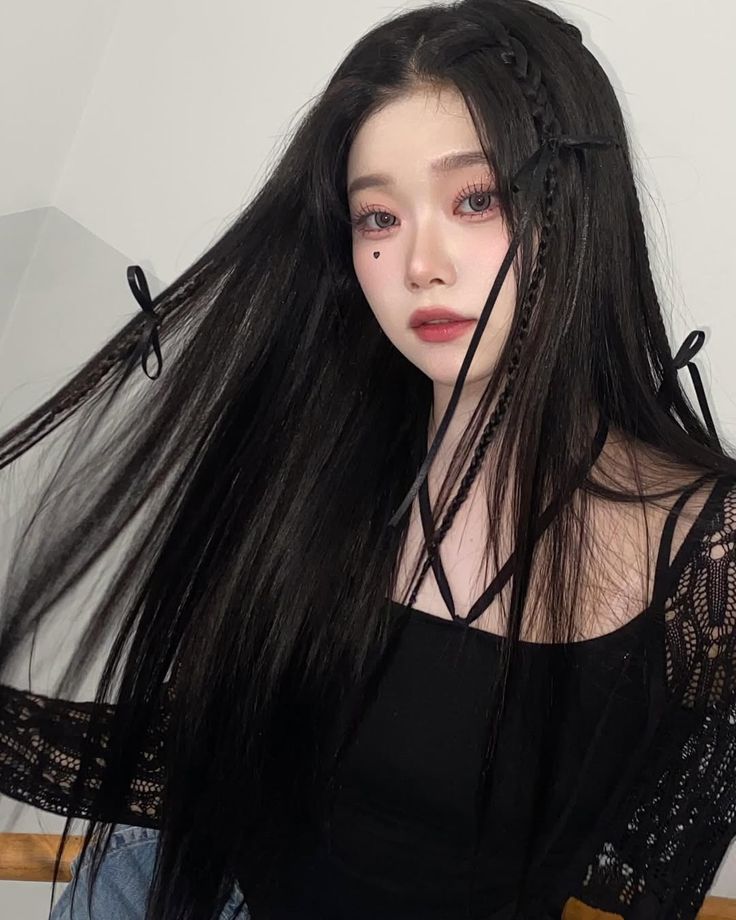
In a recent episode of “Workman”, the viral YouTube series known for putting idols into real jobs, Tsuki boarded a deep-sea fishing vessel for a grueling shift of crab catching. Battling waves and exhaustion, she admitted on camera, “I don’t even know why I’m doing this… I became an idol, and now I’m working a part-time job.” Her words were honest, unscripted—and instantly unforgettable.
2. The Comment That Sparked a Storm
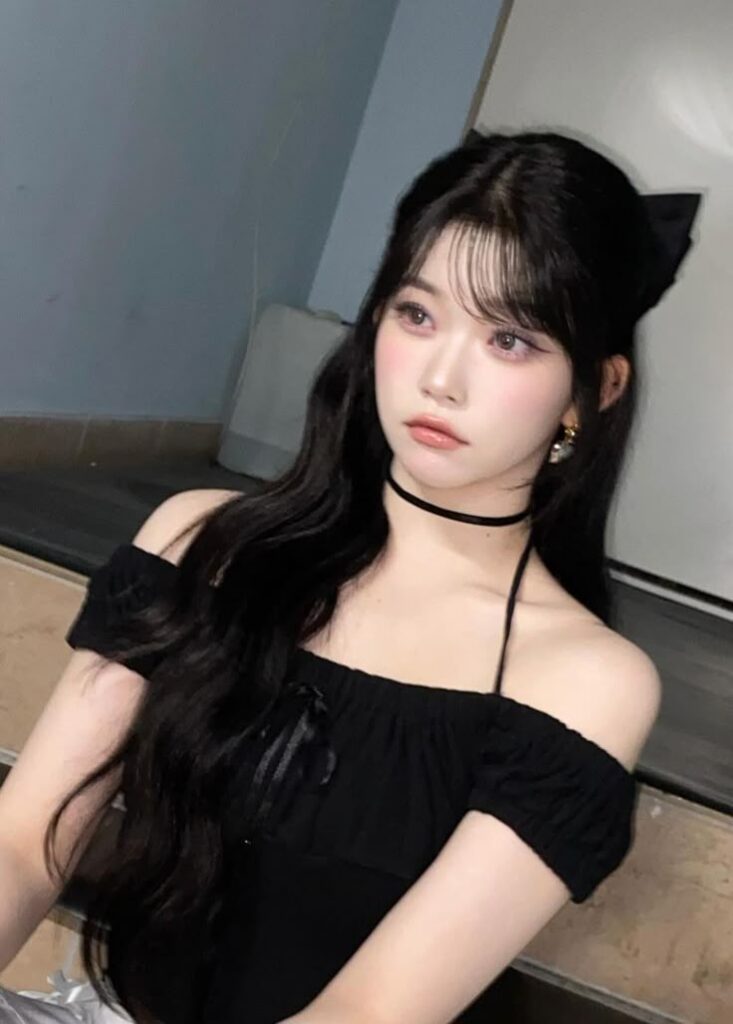
At one point, Tsuki hesitated before saying, “I don’t know if I should say this… but people who’ve never worked part-time often lack social skills.” Though parts of the audio were muted in the edit, the message got out. Online forums lit up. Her comment struck a nerve.
3. Youth Voices Say: “She Gets It”
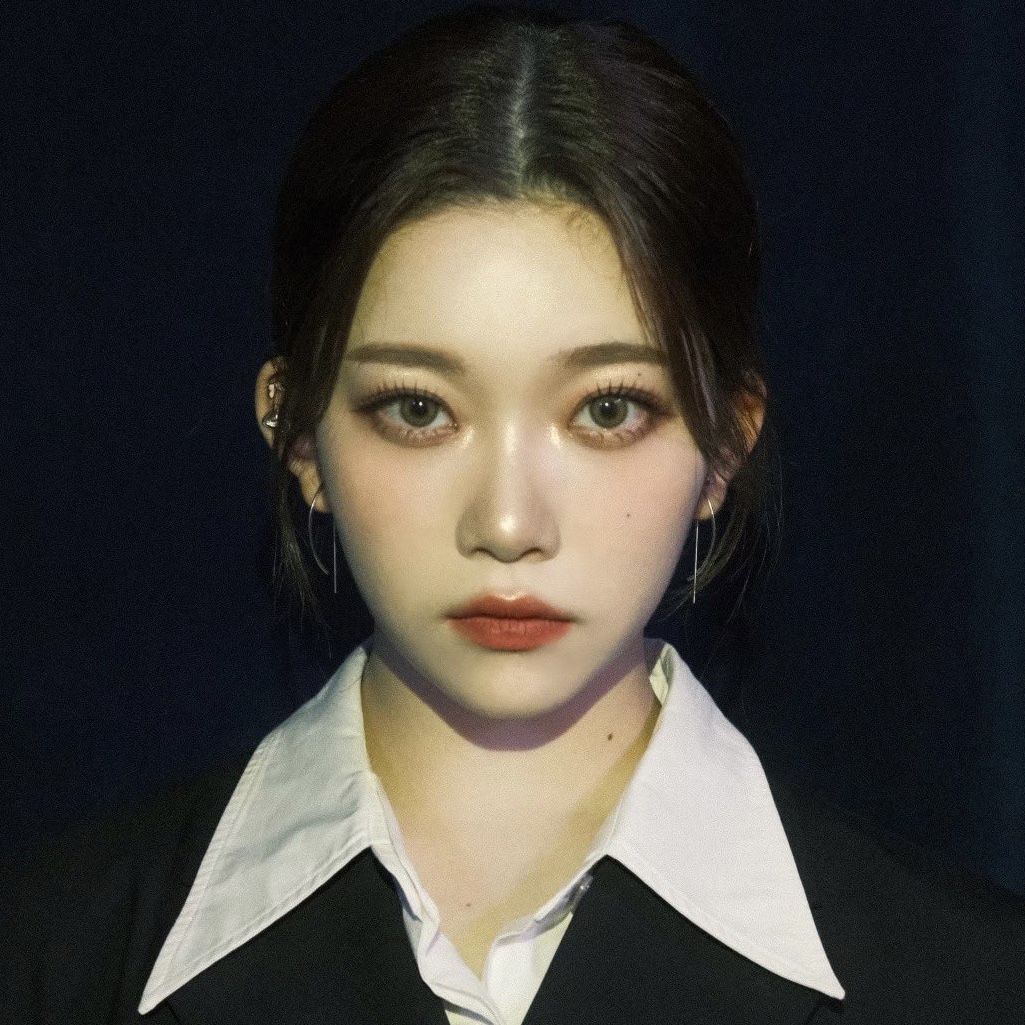
From university students to early-career workers, reactions poured in: “Only those who’ve worked part-time will understand.” Many praised her for saying what others were too afraid to. Her experience working in a Japanese fast-food chain added authenticity to her words.
4. Not Everyone Agreed

Still, some found her statement problematic. “She’s not entirely wrong, but that kind of generalization might be unfair,” one viewer commented. Others felt the line should’ve been edited out entirely. The debate highlighted how one sentence can open up larger cultural questions.
5. Why Tsuki’s Honesty Hit Different
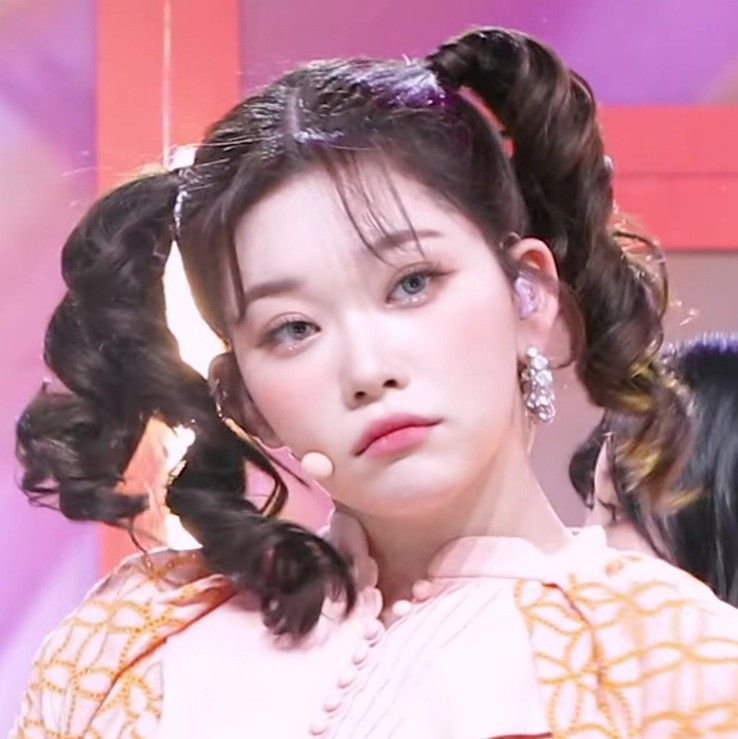
In a culture where idols are expected to smile through anything, Tsuki’s moment of doubt felt deeply human. Her struggle and reflection on identity and adulthood felt real—and many viewers saw themselves in her.
6. From Idol to Everywoman

It wasn’t just the setting or the job. It was the disconnect between her glamorous public image and the rough reality she faced that made it unforgettable. She wasn’t just an idol—she was a 20-something trying to figure it out, just like the rest of us.
7. Workman’s Secret Sauce: Grit Meets Celebrity
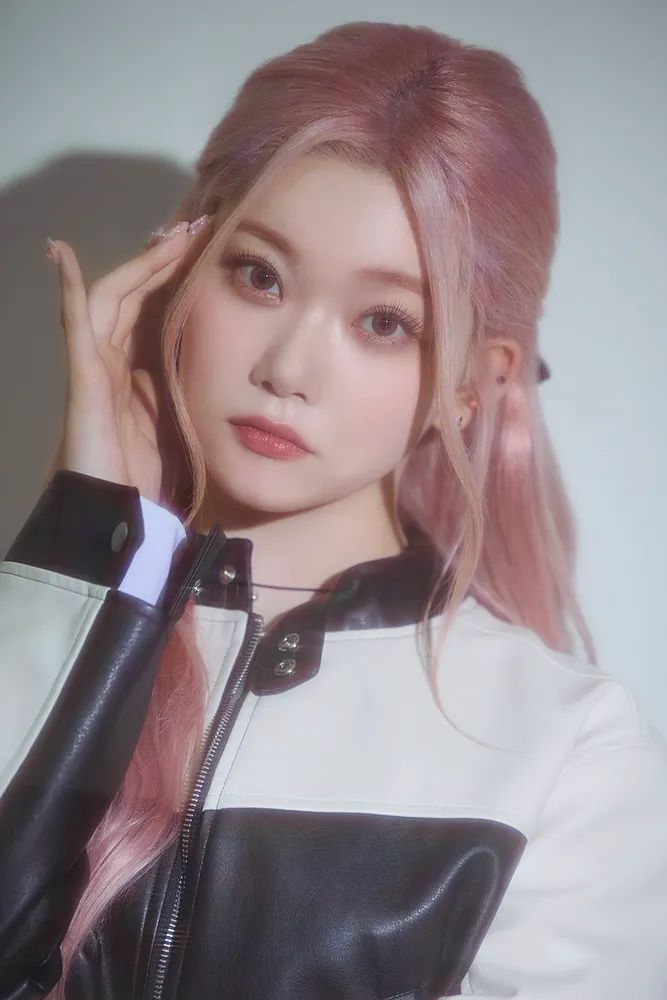
“Workman” has always been more than just laughs. It places famous faces into Korea’s working-class trenches, revealing not just sweat but soul. Tsuki’s episode is perhaps its most powerful yet.
8. What the Public Learned
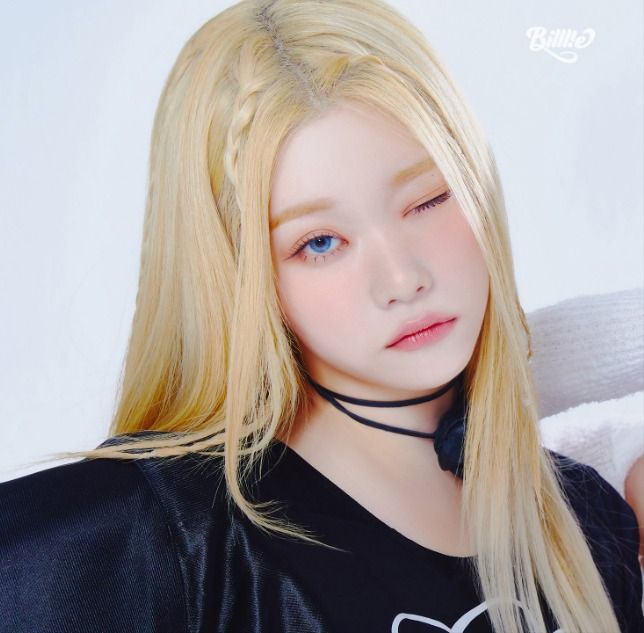
The internet is still unpacking what it means to connect work, character, and growth. Tsuki’s words became a mirror for many. Whether you agree or not, you felt something—and that’s rare in entertainment these days.
9. The Future of Idol Storytelling?

Her honesty may have opened a door. Fans are craving more than polished PR; they want idols who are real. If Tsuki’s moment is any sign, we’re about to see a lot more truth on screen.
10. Final Thoughts

This wasn’t just content. It was a cultural checkpoint, a reminder that even the most dazzling careers have doubts—and that sometimes, those moments are what bring us closest to each other.
Can You Believe It? One Sentence Ignited a Nationwide Conversation
On a crab boat, under heavy skies, a pop star quietly asked if anyone else felt lost growing up. Korea answered back: “We do.”
Step-by-Step Guide
- Watch the episode on Workman
- Read viewer reactions on Twitter and forums
- Reflect on your own part-time work experiences
- Share this story with someone who needs to hear it
Common Mistakes to Avoid
- Assuming idols never face hardship
- Ignoring the emotional impact of real labor
- Writing off youth voices as immature
FAQ
Q1. What did Tsuki say that went viral?
A. She suggested people without part-time work experience may lack social skills.
Q2. Why was it controversial?
A. Some felt the statement was too generalizing and could alienate viewers.
Q3. Does Tsuki have part-time job experience?
A. Yes, she previously worked in a fast-food restaurant in Japan.
Expert Insight
“Tsuki’s words resonated because they weren’t curated. They were lived.” — J. Han, Pop Culture Analyst














